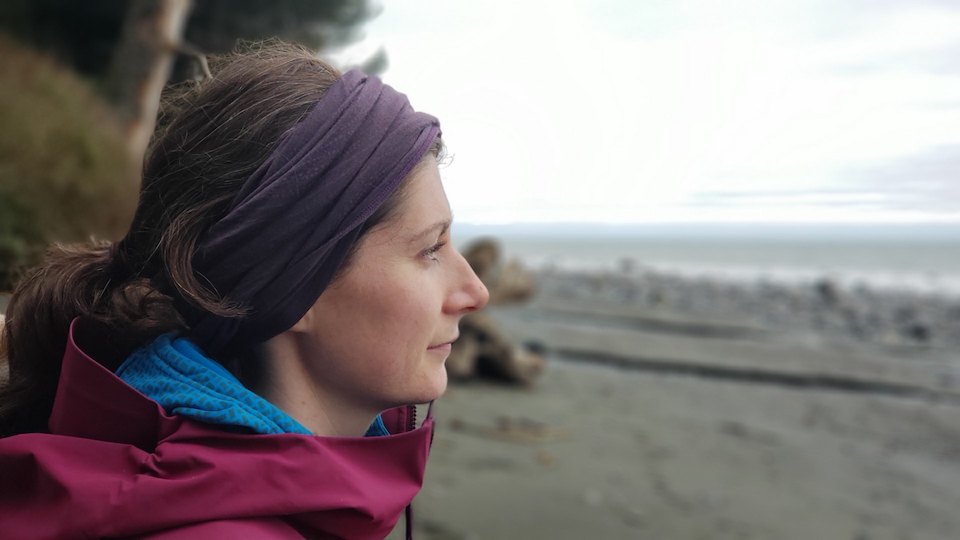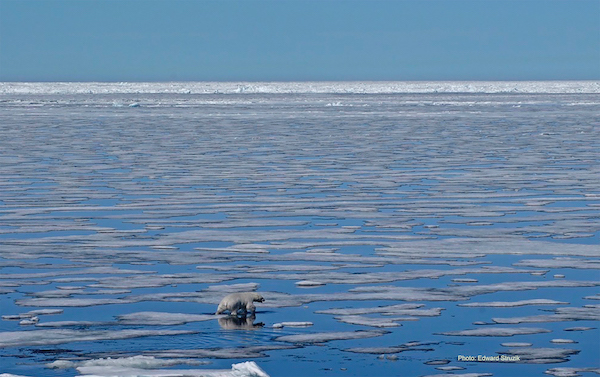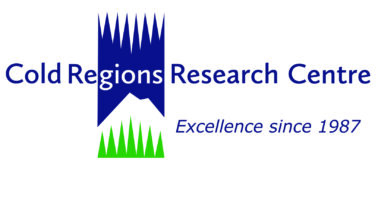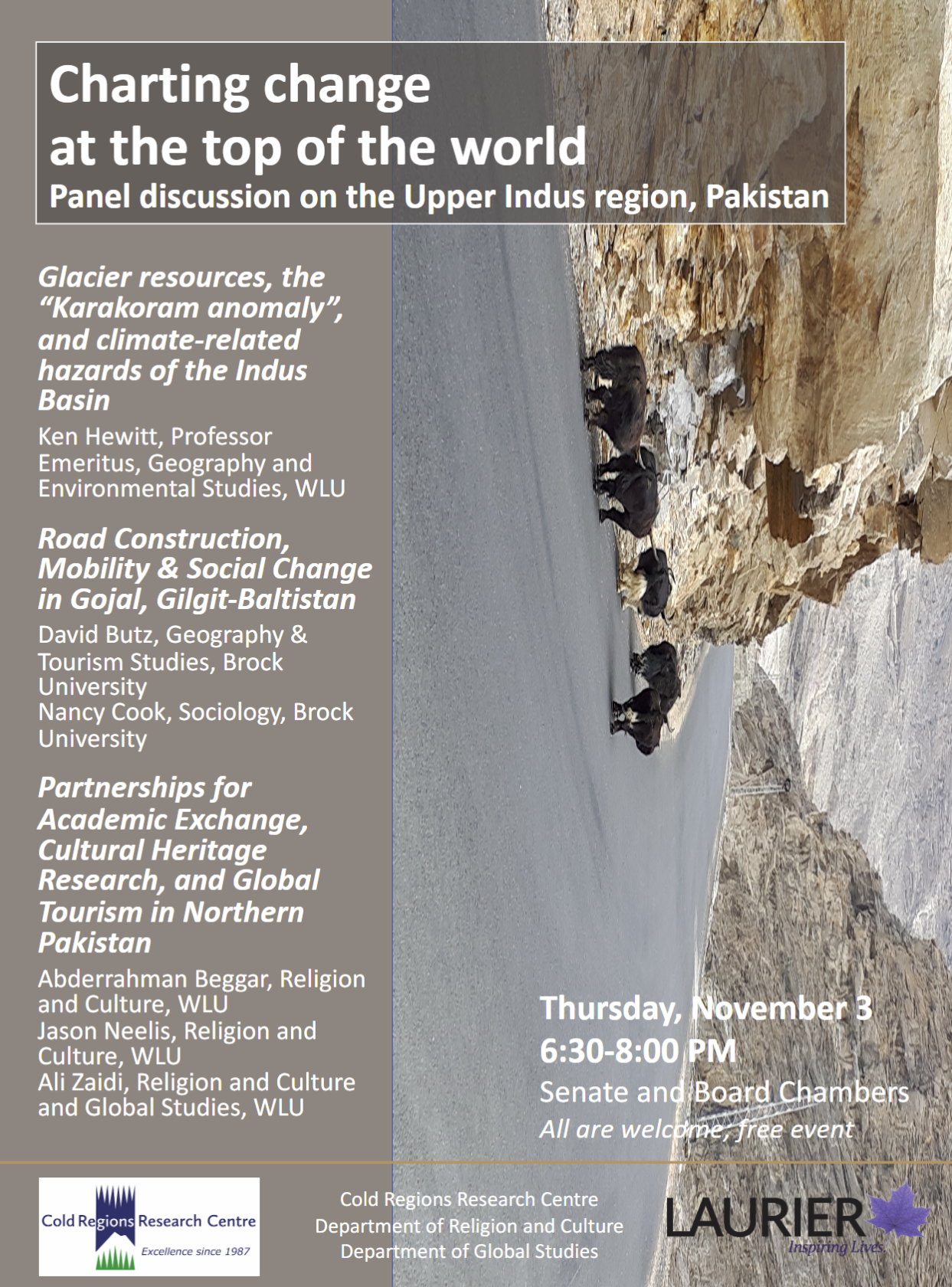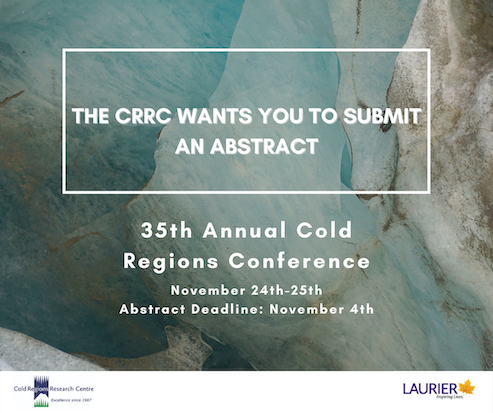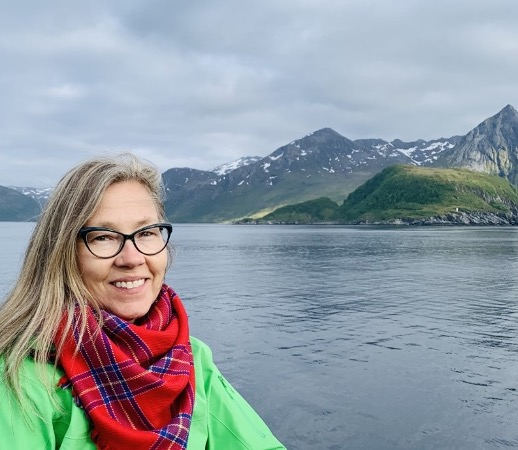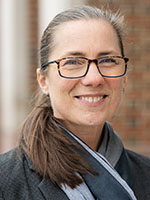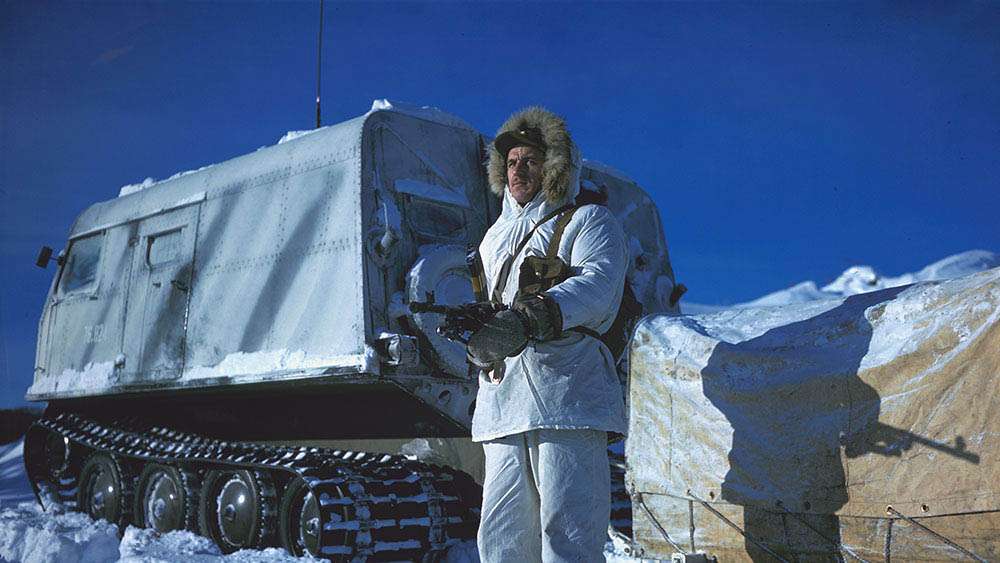CRRC Days Emerging Leader Keynote – Frances Stewart
Dr. Frances Stewart is a new faculty member in the Biology department at Laurier. Her research group (the WILDlab) uses northern wildlife to understand current species-habitat relationships, management and conservation efficacy, while considering future landscape change. Dr. Stewart started her graduate work in Algonquin park while a MSc student at Guelph, and has since conducted and led large trapping, GPS collaring, wildlife camera, and ecological forecasting work in the Yukon, NWT, Alberta, and British Columbia. She is excited to bring this experience with her to Laurier and to learning more about everyone else’s work being conducted through the Cold Regions Research Centre.

